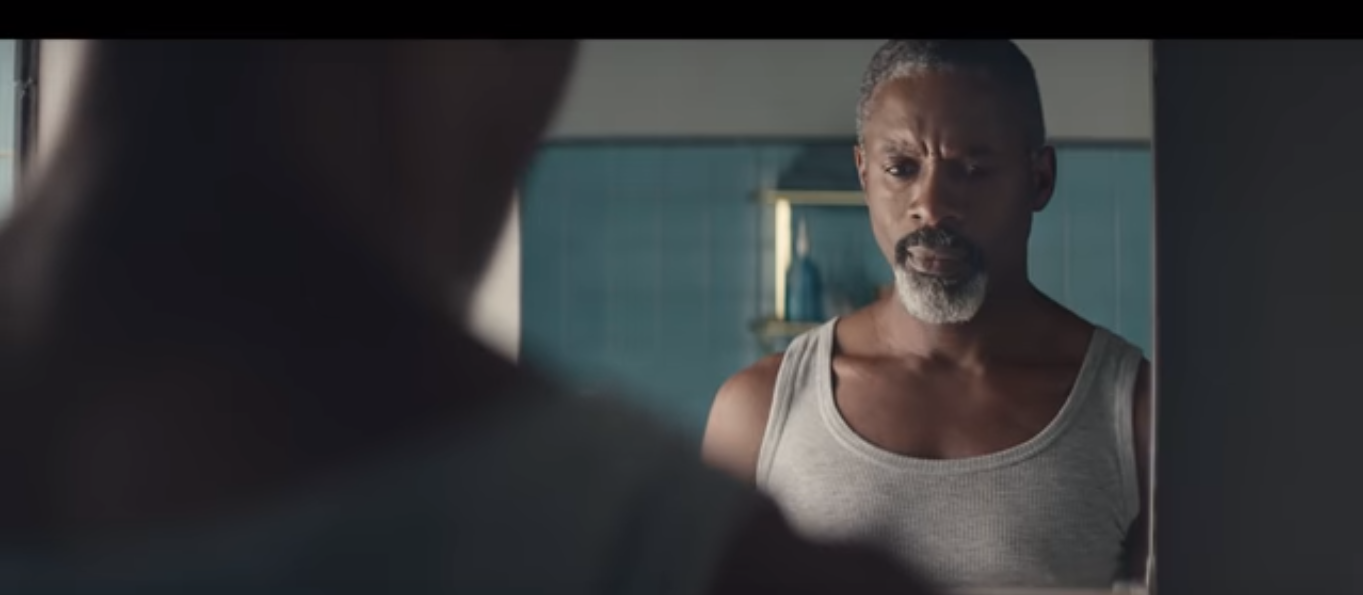Entertainment
Razor burn: Gillette ad stirs online uproar

The ad echoes other attempts by major advertisers to take on social issues. (Screenshot from video of Gilette/Youtube)
NEW YORK — A Gillette ad for men invoking the #MeToo movement is sparking intense online backlash, with accusations that it talks down to men and groups calling for a boycott. But Gillette says it doesn’t mind sparking a discussion. Since it debuted Monday, the Internet-only ad has garnered nearly 19 million views on YouTube, Facebook and Twitter — a level of buzz that any brand would covet.
The two-minute ad from Procter & Gamble’s razor brand shows men and boys engaging in bullying and sexual harassment and encourages men to “say the right thing” and “act the right way.” Taking on bullying, sexual harassment and toxic masculinity is a big task for a razor brand. Many critics took to social media saying it was insulting to men and laden with stereotypes.
The uproar comes as Gillette battles upstarts like Harry’s, Dollar Shave Club and others for millennial dollars. Gillette controlled about 70 per cent of the U.S. market a decade ago. Last year, its market share dropped to below 50 per cent, according to Euromonitor.
Allen Adamson, co-founder of branding firm Metaforce, called the ad a “hail Mary” pass from the 117-year-old company. But he added that online buzz, whether positive or negative, rarely makes a long-term difference for a marketer since memory fades quickly.
“Getting noticed and getting buzz is no easy task, and they’ve managed to break through,” Adamson said. “Most advertisers advertise, and no one notices because there is so much noise in the marketplace, so just getting noticed Is a big win, especially for low-interest category like a razor.”
On the flip side, it probably won’t sell many razors either, he said.
Some cheers were mixed in with the social media boos. In a tweet, actress Jessica Chastain thanked Gillette ”for this reminder of the beauty of men. I’m so moved by your call to action.”
The ad echoes other attempts by major advertisers to take on social issues. Pepsi pulled an ad in 2017 showing Kendall Jenner giving a cop a Pepsi during a protest and apologized after an outcry that it trivialized “Black Lives Matter” and other protest movements. Nike polarized the nation with an ad featuring ex-NFL player Colin Kaepernick who started a wave of protests among NFL players of police brutality, racial inequality and other social issues.
Sales weren’t affected in either of those cases. When controversy does affect sales, it is usually over something more substantive than an ad. Lululemon saw sales tumble in 2013 after a string of PR disasters including manufacturing problems that caused their pricey yoga pants to become see through and fat-shaming comments from their founder. But even that was short lived.
Ronn Torossian, CEO of 5WPR, said that much like Nike’s Kaepernick ad, Gillette likely knew the ad would garner online debate.
“Nike knew what they were getting themselves into,” Torossian said. The ad with Kapernick was “making a lot of noise, and it can’t be a surprise to (Gillette) that this is making a lot of noise.”
P&G, one of the world’s largest advertisers, is known for its anthemic spots that appeal to emotions during the Olympics and other events, often aimed at women, such as the tear-jerking “Thank You Mom” Olympics branding campaign and Always “Like a Girl” 2014 Super Bowl ad.
Pankaj Bhalla, North America brand director on Gillette says the controversy was not the intended goal of the ad, which is part of a larger campaign that takes a look at redefining Gillette’s longtime tagline “The Best a Man Can Get,” in different ways. Another online ad features one-handed NFL rookie Shaquem Griffin.
While he doesn’t want to lose sales or a boycott over the ad, “we would not discourage conversation or discussion because of that,” he said.
“Our ultimate aim is to groom the next generation of men, and if any of this helps even in a little way we’ll consider that a success,” he said.
Larry Chiagouris, marketing professor at Pace University, is skeptical.
“Treating people with respect, who can argue with that, but they’re kind of late to the party here, that’s the biggest problem,” he said. “It’s gratuitous and self-serving.”





















